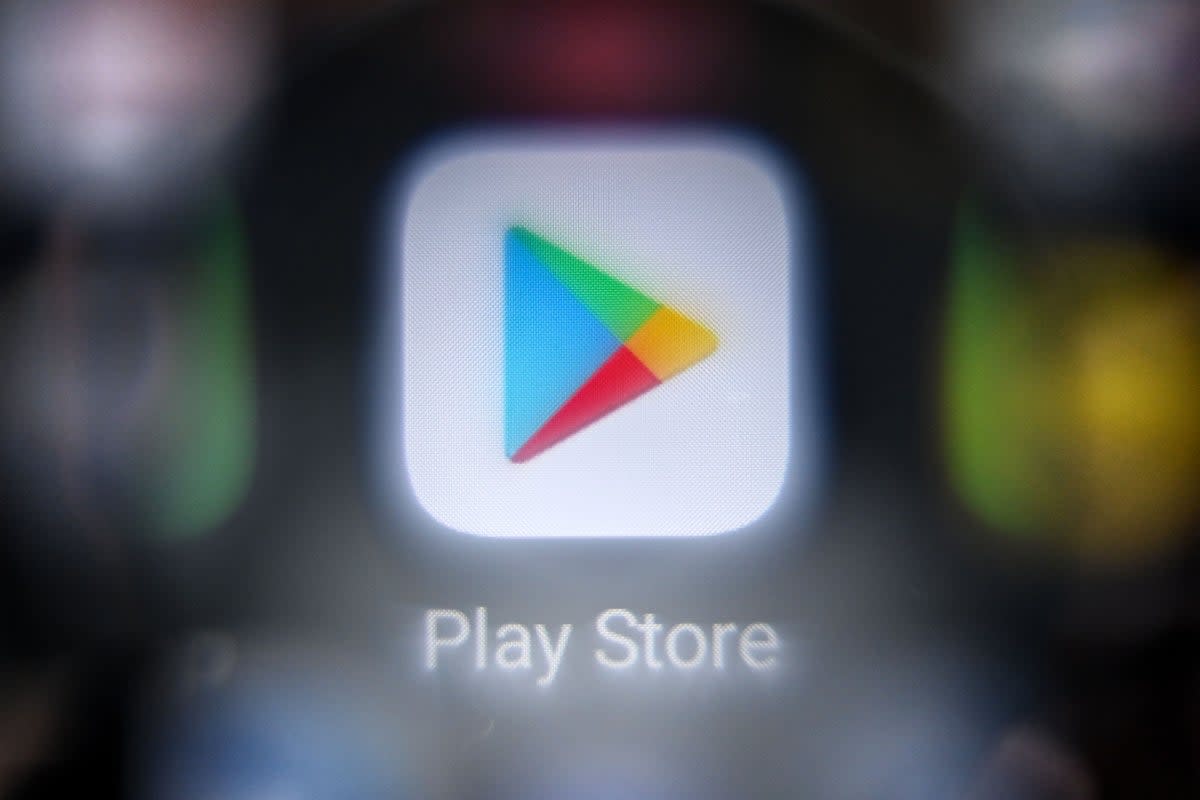Google users to get share of $630m settlement

Google users in the US are entitled to a share of $630 million (£498 million) after the tech giant agreed to settle allegations that it had been stifling competition in its Google Play app store.
The settlement’s terms were revealed in documents filed in San Francisco federal court this week, following a deal struck between Google and US states in September.
“This settlement builds on Android’s choice and flexibility, maintains strong security protections, and retains Google’s ability to compete with other OS makers, and invest in the Android ecosystem for users and developers,” Wilson White, Google’s vice president of government affairs and public policy said in a statement.
“We’re pleased to resolve our case with the states and move forward on a settlement.”
The disclosure came a week after a federal court jury rebuked Google for deploying anti-competitive tactics in its Play Store for Android apps.
Google also agreed to make several other concessions to settle the antitrust allegations. The disclosure came a week after a federal court jury rebuked Google for deploying anti-competitive tactics in its Play Store for Android apps.
The settlement will compensate US consumers allegedly funnelled into a payment processing system that drove up the prices for digital transactions within apps downloaded from the Play Store, which serves Android users.
Like Apple does in its iPhone app store, Google collects commissions ranging from 15 per cent to 30 per cent on in-app purchases – fees that state attorneys general contended drove prices higher than they would have been had there been an open market for payment processing.
Those commissions generated billions of dollars in profit annually for Google, according to evidence presented in the recent trial focused on its Play Store.
Consumers eligible for a piece of the $630 million compensation fund are supposed to be automatically notified about various options for how they can receive their cut of the money.
Another $70 million of the pre-trial settlement will cover the penalties and other costs that Google is being forced to pay to the states.
Google also agreed to make other changes designed to make it even easier for consumers to download and install Android apps from other outlets besides its Play Store for the next five years.
It will refrain from issuing as many security warnings, or “scare screens”, when alternative choices are being used.
The makers of Android apps will also gain more flexibility to offer alternative payment choices to consumers instead of having transactions automatically processed through the Play Store and its commission system.
Apps will also be able to promote lower prices available to consumers who choose an alternate to the Play Store’s payment processing.
Washington DC attorney general Brian Schwalb hailed the settlement as a victory for the tens of millions of people in the US that rely on Android phones to help manage their lives.
“For far too long, Google’s anticompetitive practices in the distribution of apps deprived Android users of choices and forced them to pay artificially elevated prices,” Mr Schwalb said.
Although the state attorneys general hailed the settlement as a huge win for consumers, it did not go far enough for Epic Games, which spearheaded the attack on Google’s app store practices with an antitrust lawsuit filed in August 2020.
Epic, the maker of the popular Fortnite video game, rebuffed the settlement in September and instead chose to take its case to trial, even though it had already lost on most of its key claims in a similar trial targeting Apple and its iPhone app store in 2021.
The Apple trial, though, was decided by a federal judge instead of the jury that vindicated Epic with a unanimous verdict that Google had built anticompetitive barriers around the Play Store. Google has vowed to appeal the verdict.
But the trial’s outcome nevertheless raises the spectre of Google potentially being ordered to pay even more money as punishment for its past practices and making even more dramatic changes to its lucrative Android app ecosystem.
Those changes will be determined next year by US district judge James Donato, who presided over the Epic Games trial. Mr Donato also still must approve Google’s Play Store settlement with the states.
Mr White framed the latest settlement as a positive development for both Google users and the broader Android ecosystem.
“We’re pleased to reach an agreement that builds on that foundation and we look forward to making these improvements that will help evolve Android and Google Play for the benefit of millions of developers and billions of people around the world,” he wrote in his blog post.
“These proposed changes will go into effect after the Court formally approves the settlement.”
Additional reporting from agencies.

